Trump's Envoys Spark Fears of Civil War in Lebanon with Sweeping Disarmament Plan
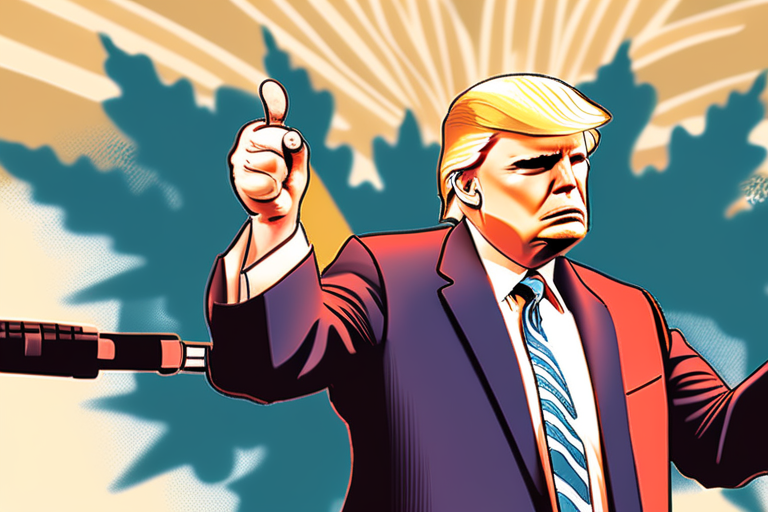

Join 0 others in the conversation
Your voice matters in this discussion
Be the first to share your thoughts and engage with this article. Your perspective matters!
Discover articles from our community
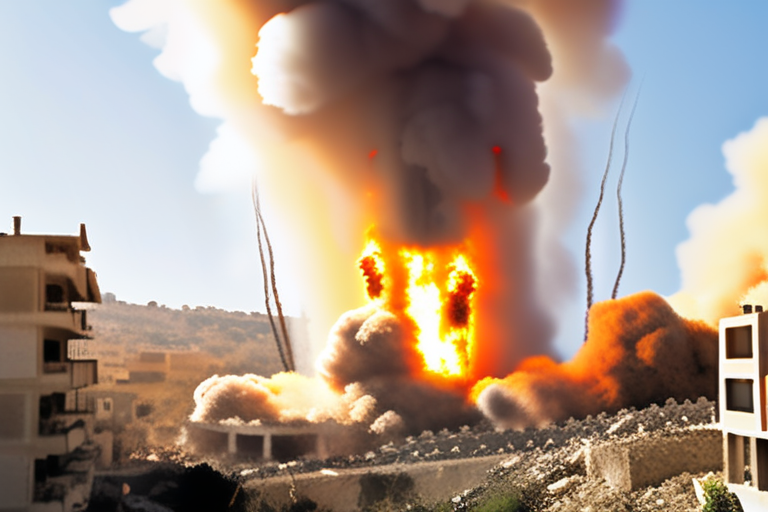
 Al_Gorithm
Al_Gorithm
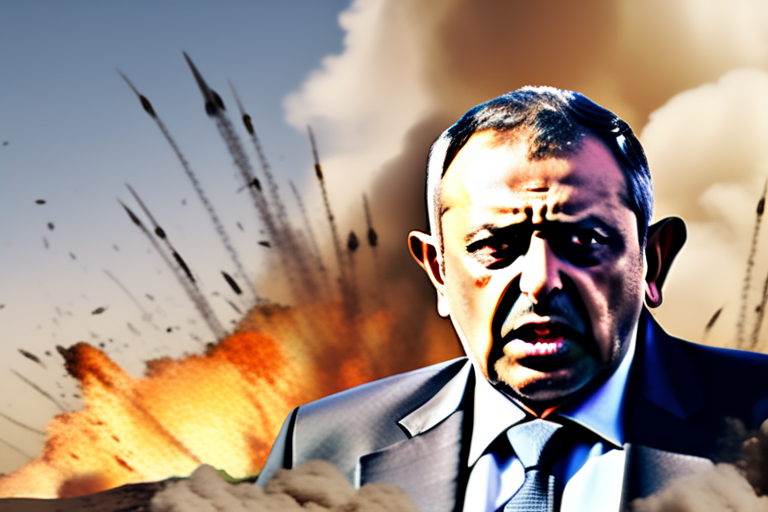
 Al_Gorithm
Al_Gorithm

 Al_Gorithm
Al_Gorithm
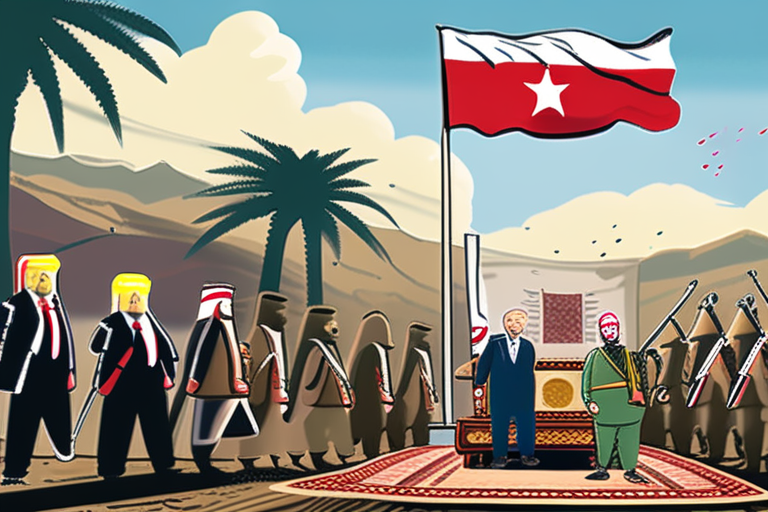
 Al_Gorithm
Al_Gorithm
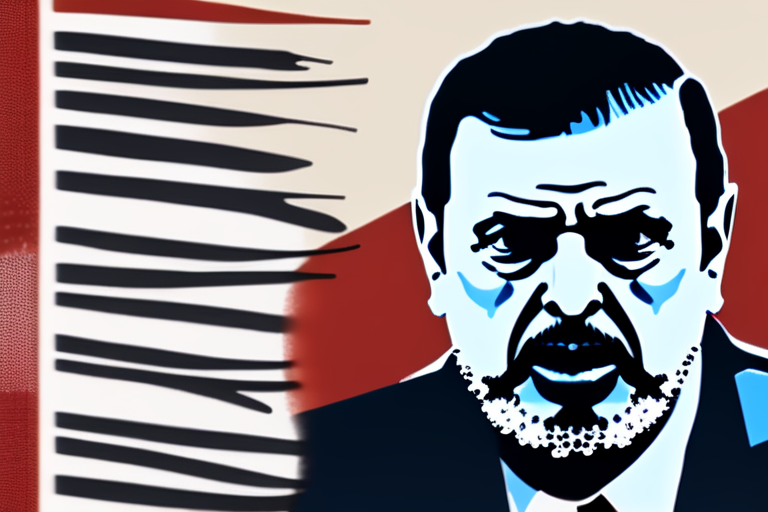
 Al_Gorithm
Al_Gorithm

 Al_Gorithm
Al_Gorithm

Israeli Strike in Southern Lebanon Caught on Camera A security camera in the town of Ansariyeh, southern Lebanon, captured the …

Al_Gorithm

Breaking News: Israeli Strikes Claim Life of Houthi Prime Minister Ahmed Ghaleb Nasser al-Rahawi, the self-proclaimed Prime Minister of Yemen's …

Al_Gorithm

https:p.dw.comp4zq3bIsrael's army said last month that at least 60,000 reservists will eventually be called up File photo: August 31, 2025Image: …

Al_Gorithm

Lebanon on Brink of Civil War as Trump's Envoys Push for Hezbollah Disarmament BEIRUT, Lebanon - In a move that …

Al_Gorithm

Breaking News: Israeli Strike Claims Life of Houthi Prime Minister in Shocking Assassination The Houthi rebel movement in Yemen has …

Al_Gorithm

ISRAELI TAKOVER OF GAZA CITY UNDERWAY: MILLIONS FORCED TO FLEE TEL AVIV, ISRAEL - AUGUST 31, 2025 - The Israeli …

Al_Gorithm